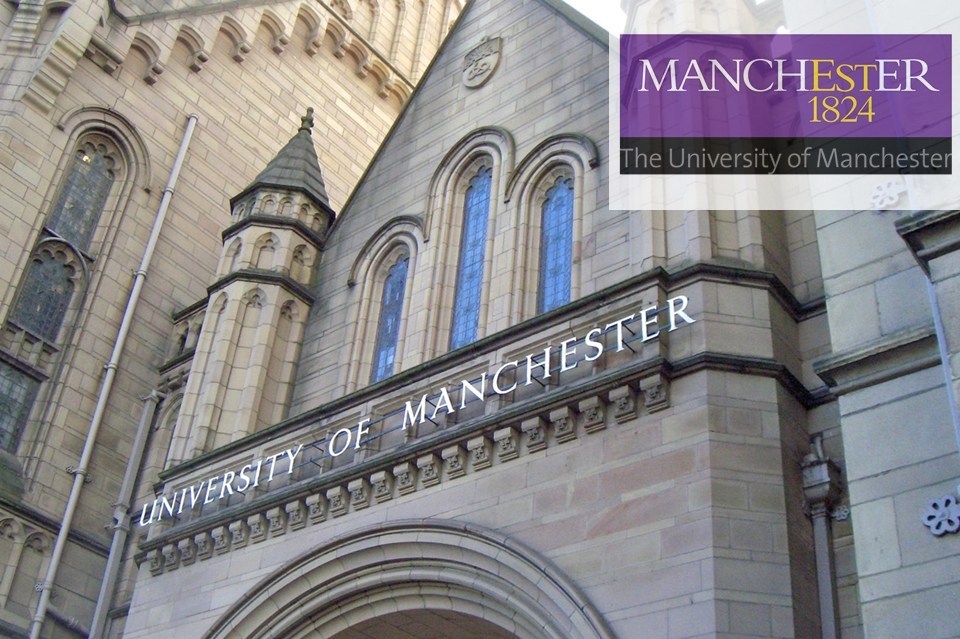MPhil Bioinformatics
Our PhD/MPhil Bioinformatics programme enables you to undertake a research project that offers training in state-of-the-art computational approaches to study an aspect of biological and/or biomedical science.
Manchester is a leading centre for bioinformatics and computational biology, with one of the largest concentrations of academic groups in any UK higher education institute.
Biology is increasingly becoming a more digital science that generates large volumes of complex data, requiring allied informatics skills to process, analyse and store the information generated, leading to better interpretation of biological function, and potentially novel predictions. This can be used in both biology and clinical settings, for prediction of gene function in biological processes as well as in diagnostics and prognostics linked to disease.
This growth in the areas has, in the main, been driven by the expansion of genomic and post-genomic technologies (e.g. next generation sequencing and allied 'omics) that generate high volumes of sequence and gene expression information, for example for the human 100,000 genomes project.
To help understand biological function, health and disease, this in turn can be integrated with other data sources including evolution, molecular structure and interactions, environmental data, text-mining and much more.
We cover the full range of skills and expertise across an exciting portfolio of research topics, ranging from sequence analysis of nucleotides and proteins, through to integrated systems biology and mathematical modelling and machine learning.
We analyse data and generate tools linked to topics such as noncoding gene function, transcriptional networks, systems biology of cancer, HIV diversity, quantitative proteomics and metabolomics in organisms ranging from viruses, microbes and model organisms to man. This often involves informatics approaches to help close the genotype-phenotype gap - i.e. why does varying at the genetic level lead to a particular change in phenotype, such as genetic disease.
Bioinformatics postgraduate research students also often form part of highly collaborative and multidisciplinary teams tackling major problems in biomedical science, offering opportunities to work closely with experimental colleagues in a mutually supportive environment.
Intakes
- Sep
Application Processing Time in Days: 20
Application Process
Minimum English Language Requirements
| English Level Description | IELTS (1.0 -9.0) | TOEFL IBT (0-120) | TOEFL CBT (0-300) | PTE (10-90) | |
|---|---|---|---|---|---|
| Expert | 9 | 120 | 297-300 | 86-90 | |
| Very Good | 8.5 | 115-119 | 280-293 | 83-86 | |
| Very Good | 8 | 110-114 | 270-280 | 79-83 | |
| Good | 7.5 | 102-109 | 253-267 | 73-79 | |
| Good | 7 | 94-101 | 240-253 | 65-73 | |
| Competent | 6.5 | 79-93 | 213-233 | 58-65 | |
| Competent | 6 | 60-78 | 170-210 | 50-58 | |
| Modest | 5.5 | 46-59 | 133-210 | 43-50 | |
| Modest | 5 | 35-45 | 107-133 | 36-43 | |
| Limited | 4 | 32-34 | 97-103 | 30-36 | |
| Extremely Limited | < 4 | < 31 | < 93 | < 30 |
- Course Type: Full Time
- Course Level: Masters/PG Degree
- Duration: 01 Year
-
Total Tuition Fee:
36500 GBP
Annual Cost of Living: 9207 GBP
Application Fee: N/A
Similar Programs
- MSC Health Informatics at The University of Manchester
- MSc by Research Theoretical Physics at The University of Manchester
- MPhil Theoretical Chemistry at The University of Manchester
- MPhil Structural Biology at The University of Manchester
- MPhil Stem Cell Research at The University of Manchester
- MSc by Research Soft Matter and Liquid Crystals Physics at The University of Manchester

